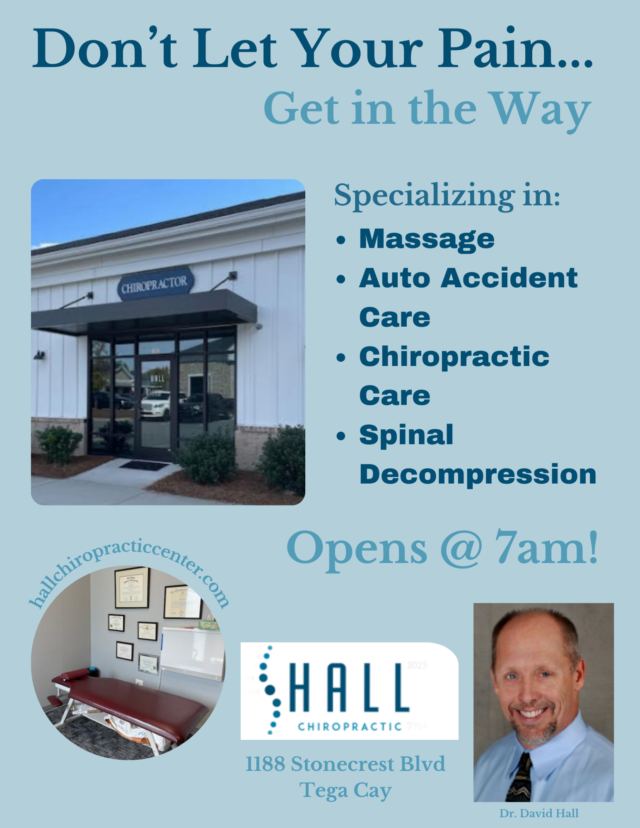Winston Churchill was one of many great thinkers who napped on the job. You can also include Albert Einstein and Salvador Dali as both great thinkers and frequent nappers.
Some feel napping is a luxury, but a daily afternoon nap might just be what you need to age well. In fact, a 2023 study published in the journal Sleep Health found a causal link between habitual napping and larger total brain volume – a marker of good brain health linked to improved mood, better cognitive performance, a lower risk of dementia and other diseases. Based on the data, the researchers found a link between habitual daytime napping and larger brain volume.
The difference in brain volume between people who nap regularly and those who don't was equivalent to 2.6 to 6.5 years of aging. "Our brains naturally shrink as we age, but this process is accelerated in people with neurodegenerative diseases but also cognitive decline," said Valentina Paz, MSc, a co-author of the study.
While optimal nap time is relative to each individual, a related study found that naps lasting 10-40 minutes can improve mood, alertness, reduce fatigue, boost productivity and improve physical performance. These studies also cautioned that too long of a nap could lead to the deep sleep stage or sleep inertia, a period of impaired alertness right after waking. The studies also suggested that napping over 40 minutes might also increase the risk of type 2 diabetes and heart problems.
The researchers suggested setting an alarm or some other form of assuring you don’t oversleep. Exposing yourself to light, standing or at least sitting up immediately or upon awaking from your nap will help avoid feeling the grogginess of sleep inertia. One study also suggests consuming caffeine before a nap may be the best countermeasure for sleep inertia.
Physical activities before and after naps can promote wakefulness. People can feel fatigue for a variety of reasons like stress and nutrition. For these people napping too much during the day may likely interfere with their nighttime sleep quality. Daytime fatigue can often be diminished by walking around or even drinking more water.
Summary
Regular daytime napping might help slow down the aging process from natural brain shrinkage. Most research and experts suggest that a short nap-between 10 to 40 minutes-offers the most benefit, such as improved mood, cognitive performance, and alertness.
 Dr. David Hall is the owner of Hall Chiropractic Center. With over 40 years of experience, Dr. Hall is proud to serve the residents of Tega Cay and Fort Mill.
Dr. David Hall is the owner of Hall Chiropractic Center. With over 40 years of experience, Dr. Hall is proud to serve the residents of Tega Cay and Fort Mill.
Book a FREE consultation online today!











